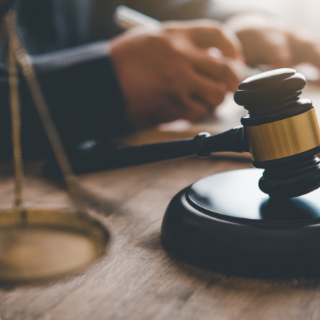BLOG
Why is texting addictive?
Free Consultation
Book An Appointment
However, drivers still text and drive. Many say that they know they should stop, but they can’t. It’s almost like they’re addicted. Why does texting have this type of hold over us, even when we know that it’s a potentially fatal mistake?
Your brain is seeking a reward
The answer lies in natural reward-seeking behavior. When you do certain actions, they can trigger your brain to release dopamine. You’re aware that you feel good, or at least satisfied, even if you don’t think about why. Texting can be this type of trigger, and it’s the easiest one most people have, so they’re chemically wired to keep engaging with the phone.
Evolutionarily, dopamine was very helpful. It promoted activities that helped people survive. That has clearly been turned on its head now, as it rewards actions that take lives. The problem, though, is that tens of thousands of years of habit-forming behavior cannot be overcome by a hundred years of increased risk. Modern people are in danger of becoming addicted to their phones, and they may never shake it, even if they get involved in an accident.
Can you get compensation?
Phone addiction, like alcohol addiction, puts people at risk on the road. If you get hit by an addicted and distracted driver, you may be able to seek compensation for your costs.
LET US DO ALL THE HEAVY LIFTING
Call Today to Schedule a Free Consultation
Schedule a free initial consultation with an experienced lawyer from Phillips, Hayden & Labbee, LLP. The sooner you get us involved, the more we can do to help you.






